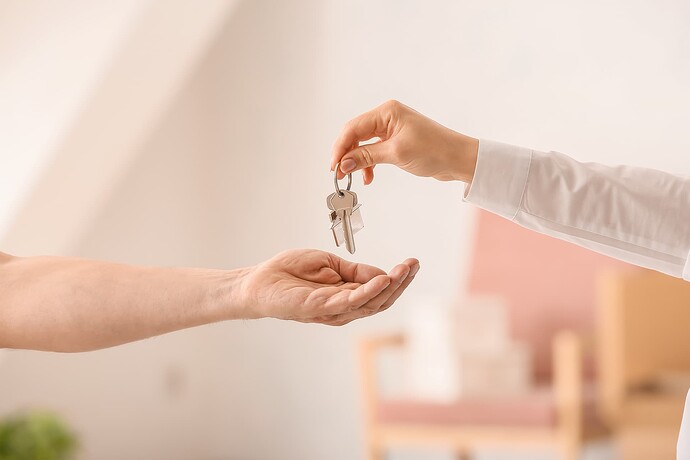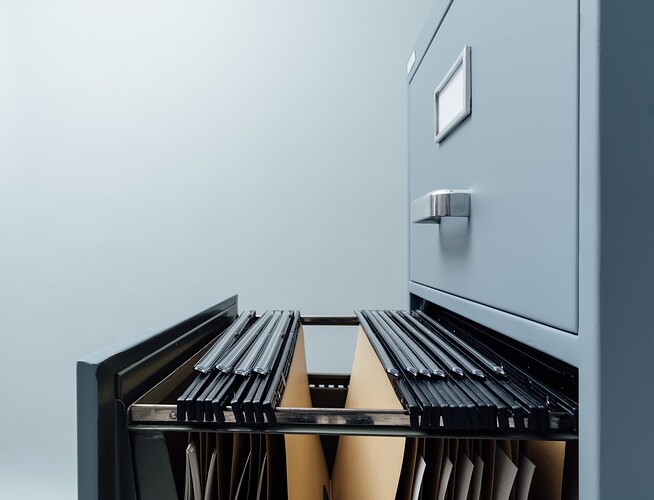Becoming a landlord for the first time is exciting, but it can also feel a bit overwhelming, especially if you’re an accidental landlord.
There’s a lot to think about - from finding the right tenants to making sure your property complies with regulations.
To help you get started, we’ve compiled some of our top tips for first-time landlords.
1. Understand Your Legal Responsibilities
As a landlord, you have several legal obligations that you need to be aware of and complying with.
These include ensuring the property is safe, protecting the tenant’s deposit in an approved scheme, and providing necessary documents like an Energy Performance Certificate (EPC).
Take time to familiarise yourself with landlord regulations to avoid costly mistakes.
These may seem trivial now, but ensuring all the boxes are ticked and everything is in place will help keep things on the right track.
It’s also worth keeping on top of updates as regulations can (and will) change, such as with the Renter’s Reform Bill.
2. Screen Tenants Carefully
Finding the right tenant is crucial so it’s worth spending a bit of time evaluating them and ensuring you’re a good fit.
Carry out thorough checks, including credit history, employment verification, and references from previous landlords if possible.
You may also need to carry out checks such as right to rent (in England).
3. Set Clear Terms in a Written Agreement
A tenancy agreement protects both you and your tenant (these are called contracts in Wales).
Make sure the terms are clear and covers everything from rent payments to who’s responsible for minor repairs.
It’s worth getting a professional to draft or review your agreement, but there are templates available from the Gov UK and landlord bodies like NRLA.
4. Keep Detailed Records
Maintain accurate records of all correspondence, payments, and maintenance work.
Not only will this help you stay organised, but it’s also essential if disputes arise.
Using secure document storage tools can help keep things together and in the right place, making them easy to find should you ever need them.
Digital storage can also help keep track of things like document views, and copies being sent, which helps with the above while keeping it easy and straightforward.
5. Stay on Top of Property Maintenance
Regular maintenance keeps your property in good condition and helps retain tenants.
Respond promptly to repair requests and schedule periodic inspections to catch issues early.
A landlord is responsible for -
- The structure and exterior of the property
- Basins, sinks, baths and other sanitary fittings including the drains and pipes
- Hot water and heating system
- Gas appliances, including the pipes, flues and ventilation
- Electrical wiring
- And damage caused by attempting repairs
6. Consider Landlord Insurance
Standard home insurance may not cover rental properties.
Landlord insurance offers extra protection for things like property damage, loss of rent, and liability.
7. Embrace Technology to Simplify Management
Using a platform like Reoli can help you manage your rental property more efficiently.
From keeping track of documents to communicating with tenants, it’s a smart way to stay organised and reduce admin headaches.
Final Thoughts
Becoming a landlord is a learning experience, and you’ll gain confidence as you go.
By staying organised, keeping up with your responsibilities, and using the right tools, you’ll be well on your way to running a successful rental property.

